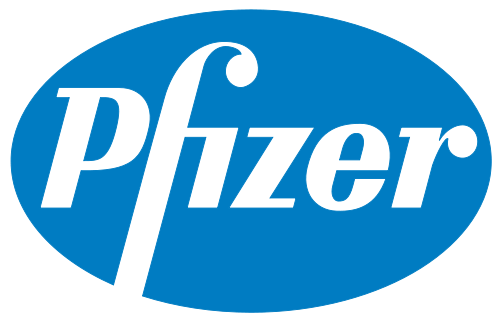It is not unusual for approved drugs to receive ongoing study tests over safety and efficacy. That is the case for Pfizer Inc. (NYSE: PFE) and its stop-smoking drug Chantix. Chantix was approved by the U.S. Food and Drug Administration (FDA) in May 2006 as an aid to smoking-cessation treatment in adults 18 and older, and the drug did have initial issues over safety.
Now, Pfizer says a new study suggests Chantix can help smokers unwilling or unable to quit abruptly to reduce their smoking before actual quitting.
The study looked at 1,510 smokers willing to reduce smoking over a period of 12 weeks with a goal of quitting at the end of the period. A random group was given Chantix and the rest a placebo for 24 weeks. That was followed by a 28-week non-treatment phase. The patients were also given counseling during the study period.
The preliminary results showed that 32.1% of smokers who took one milligram of Chantix twice a day stopped smoking at weeks 15 to 24. Only 6.9% of smokers taking the placebo were able to stop smoking during the period.
Pfizer said that, after more analysis, the results will be submitted for publication in a peer-reviewed journal.
Chantix, the trade name for the drug varenicline, was first approved in 2006 to help smokers quit in four weeks or less. It has had some safety issues, some of which are serious. The most important is that the drug caused some smokers to consider suicide.
The FDA required a “black box” warning on the drug to alert patients and doctors to the risk of psychiatric side effects. Critics said Pfizer’s Chantix trials had improperly excluded patients with a history of depression or other mental disturbances. More than 2,700 lawsuits were filed over the suicide issues, and Pfizer took a $273 million charge in 2013 to settle some 80% of the suits. Chantix has also boosted the odds of cardiovascular problems.
Sales have struggled over the years; 2012 sales were $670 million, down from $720 million in 2011. Through the first nine months of 2013, sales of $486 million were down 2% from a year earlier.
Tobacco companies continue to prosper, even as smoking in developed economies has fallen. The question to ask now is whether a stop-smoking pill that is deemed safe can truly derail the tobacco sector.
Altria Group Inc. (NYSE: MO), best known for its Marlboro cigarette brand, is expected to report $2.39 a share in earnings in the fourth quarter, up from $0.55 a year ago. Revenue expected to rise slightly to $17.7 billion for the year, with 2014 expected to show similar results. The tobacco giants have not yet capitalized off of the e-cigarette migration fast enough, particularly Altria.
Reynolds American (NYSE: RAI) makes Camel, Pall Mall and Winston cigarettes. Analysts expect $3.23 a share in earnings in 2013, up from $2.97 a year ago. Revenue of $8.26 billion would be off 0.5% from a year ago.
Both stocks were up more than 20% in 2013, aided in part by their big dividends: $1.92 for Altria and $2.52 for Reynolds. Each represents a 5.2% yield.
Are You Ahead, or Behind on Retirement? (sponsor)
If you’re one of the over 4 Million Americans set to retire this year, you may want to pay attention.
Finding a financial advisor who puts your interest first can be the difference between a rich retirement and barely getting by, and today it’s easier than ever. SmartAsset’s free tool matches you with up to three fiduciary financial advisors that serve your area in minutes. Each advisor has been carefully vetted, and must act in your best interests. Start your search now.
Don’t waste another minute; get started right here and help your retirement dreams become a retirement reality.
Thank you for reading! Have some feedback for us?
Contact the 24/7 Wall St. editorial team.

